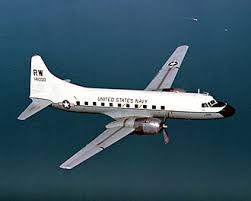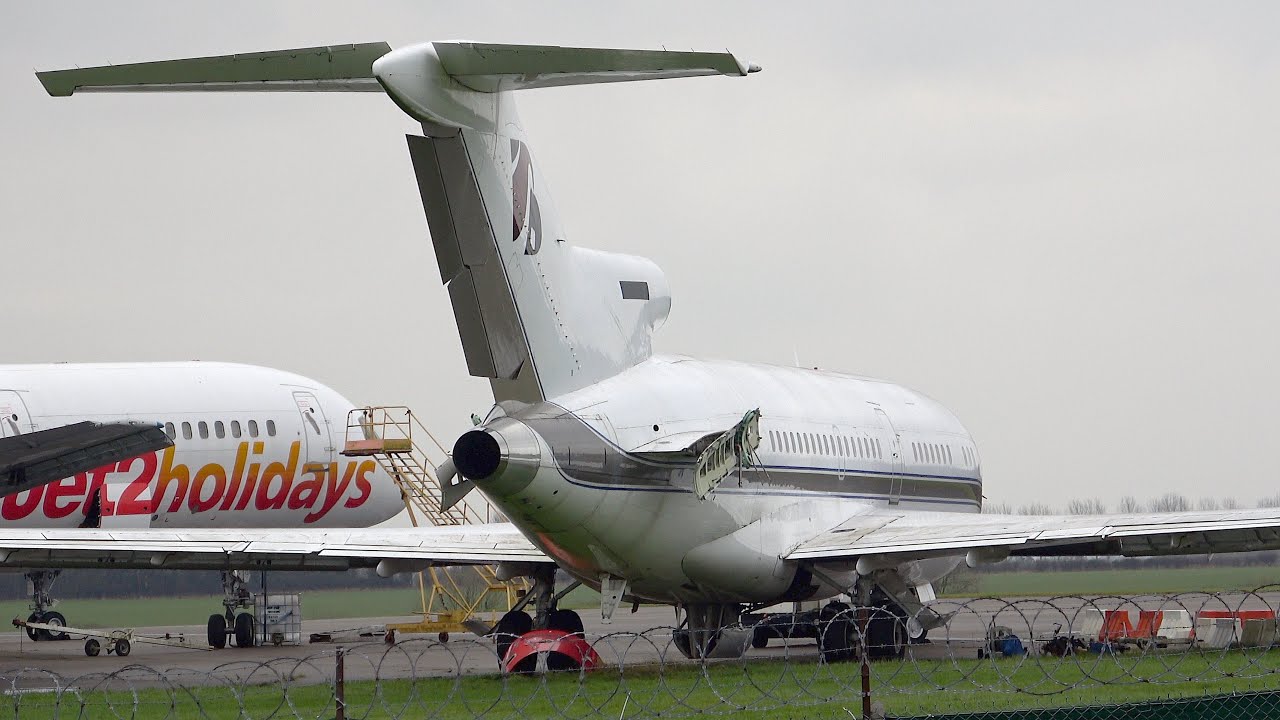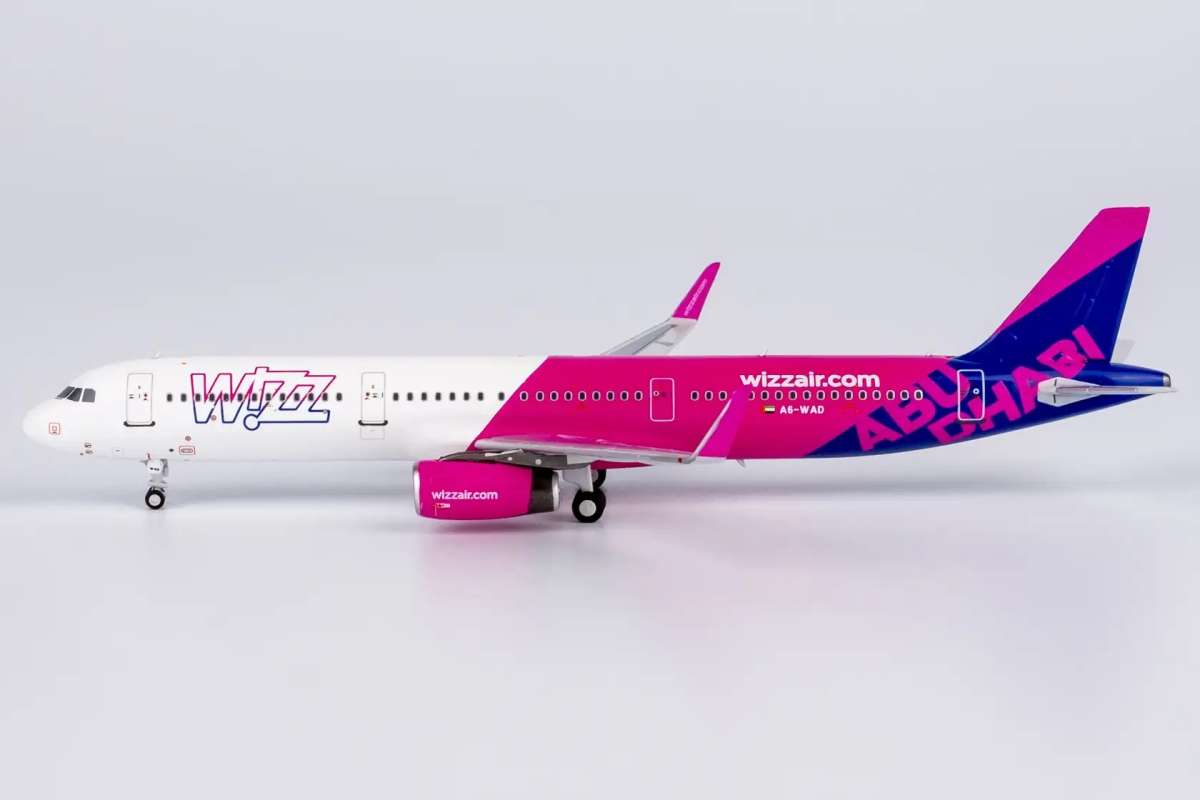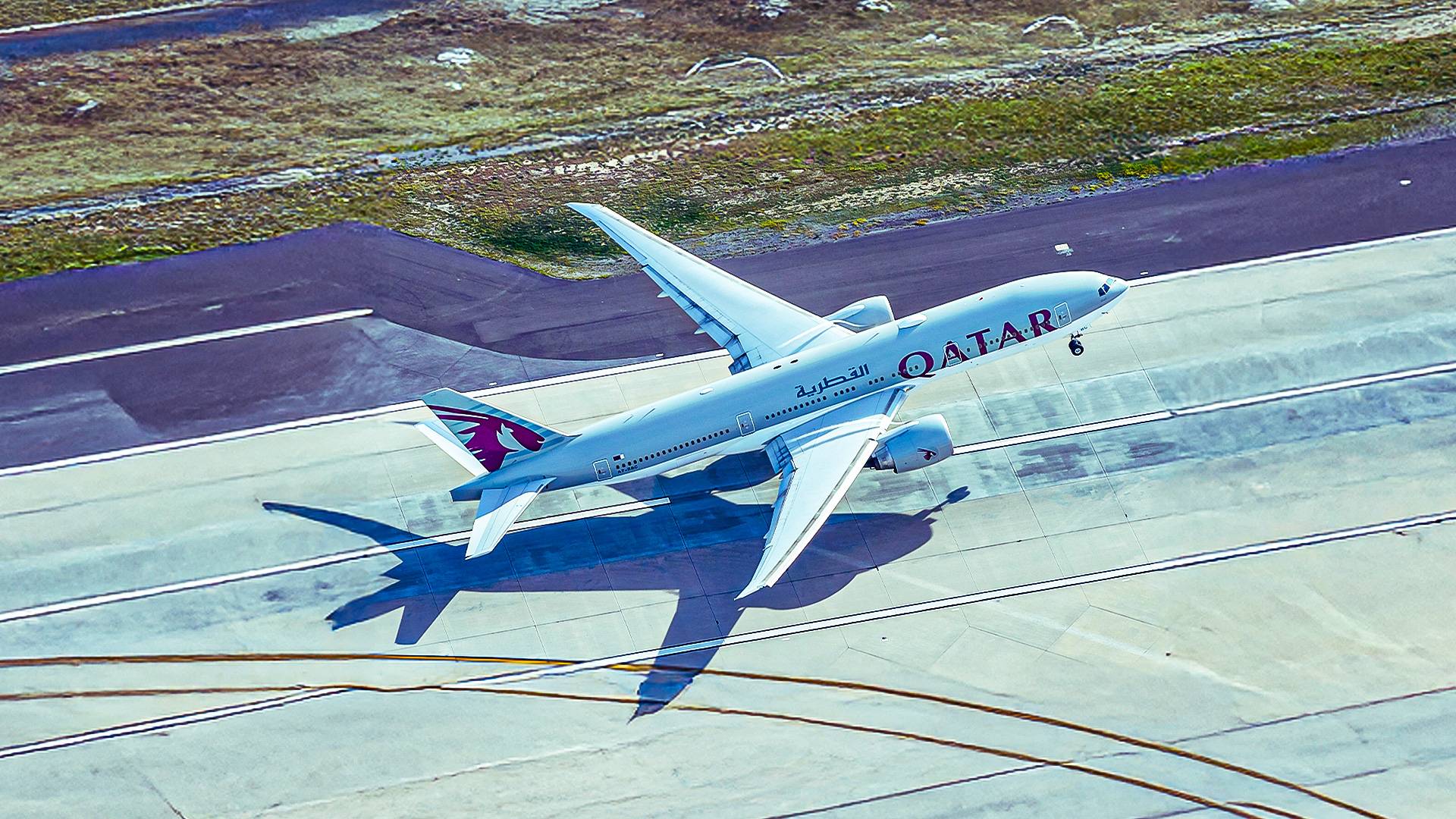
Introduction
The importance of planes in modern transportation cannot be overstated. Since their inception, aircraft have revolutionised travel, offering speed and connectivity that reshaped global commerce and personal travel. As aviation technology advances, the industry is experiencing transformative changes that redefine safety, efficiency, and sustainability.
Current Developments in Plane Technology
The aviation sector is currently witnessing significant advancements in plane technology. Major airlines are investing in newer, more fuel-efficient aircraft models, such as the Boeing 737 MAX and Airbus A320neo, which promise substantial reductions in fuel consumption and emissions. Recent reports highlight a shift towards sustainable aviation fuels (SAFs), which are crucial in reducing the carbon footprint of flights. In September 2023, the International Air Transport Association (IATA) announced that over 50 airlines have committed to using SAFs to meet ambitious sustainability targets.
Innovations in Safety and Comfort
In addition to fuel efficiency, innovations in safety and passenger experience are at the forefront of plane development. The use of advanced materials and technology, such as carbon-fibre structures and state-of-the-art cockpit systems, has enhanced aircraft safety. Furthermore, airlines are increasingly focusing on passenger comfort, offering features like improved seating designs, better inflight entertainment systems, and enhanced cabin pressurisation. The implementation of the latest navigation technologies, like satellite-based systems, has also optimised flight paths, reducing delays and improving on-time performance.
The Impact of Emerging Technologies
Emerging technologies such as artificial intelligence (AI) and automation are beginning to play a significant role in aviation. AI is being employed in predictive maintenance processes, allowing airlines to foresee potential aircraft malfunctions before they occur, thereby increasing safety and reducing costs. Furthermore, autonomous flight technology is being explored, with trials of pilotless planes already underway, which could profoundly impact the future landscape of aviation.
Conclusion
The future of planes in aviation looks promising as the industry embraces innovation to enhance efficiency, safety, and sustainability. With commitments to reducing emissions and pioneering advancements in aircraft technology, the aviation sector is on the brink of a new era. As both manufacturers and airlines navigate these changes, consumers can expect a more streamlined and environmentally responsible travel experience in the years to come. These developments not only promise to make air travel more accessible and enjoyable but also play a crucial role in addressing the pressing challenges of climate change.
You may also like

Cotswold Airport: A Significant Hub for Aviation in the UK

An Overview of Wizz Air: Growth and Future Prospects
